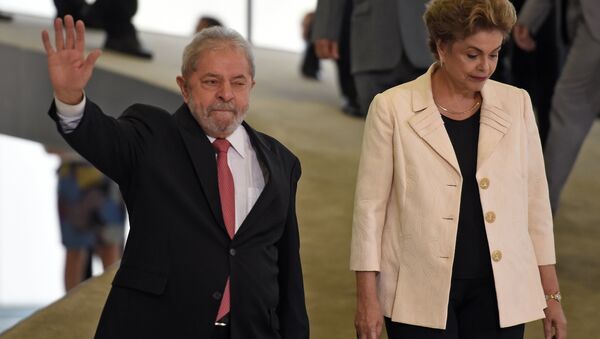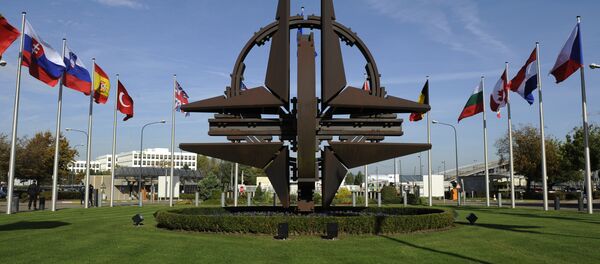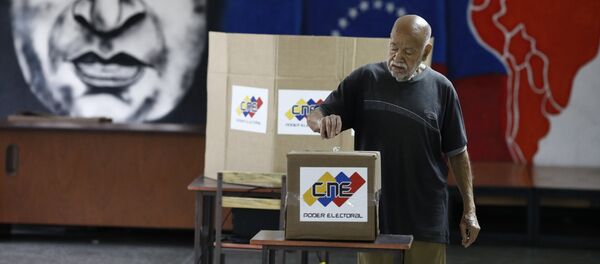The study, which involved three thousand experts from 202 countries, showed that over the last six years, the level of democracy regressed by at least 25 years. According to the conclusions of the scientists, independent media, freedom of speech and the rule of law are the most at risk today.
Brazilian political scientist Antonio Marcelo Jackson told Sputnik that the primary meaning of the concept of "democracy," that is, "the power of the people," has changed dramatically: by the beginning of the 21st century, the number of citizens who had become "political people" had increased.
"When the concept of 'people' expands, the number of people, people of different classes increases, and they become part of the 'political people', those who make political decisions on a national scale, this means that you are changing the social hierarchy that has existed up to now. And to change this hierarchy, depending on this or that society, is very difficult," the academic said.
READ MORE: Oil Price to Reach $100 by Summer 2019 Thanks to Trump — Analyst
According to him, the Swedish university’s study draws attention to the fact that in some countries where the size of the political class is increasing, the public elites are engaged in trying to preserve their privileges, because democracy used to be “the privilege of the few, and not a universal right.”
"When you expand the notion of 'people' when more people start to participate (in the political life of the country), this group, the so-called elites, reacts to it," Marcelo added.
READ MORE: Lima Group to Consider New Measures Targeting Venezuela
"I just can't understand how could this happen at all? [Americans think]: we are not interested in this anymore, if we open up the country to immigrants, they will participate in political life, they will vote, they will have rights, we do not want that."
Thus, according to the political scientist, the reason for criticizing the democratic system in these countries is "the blurring of the notion of equality."
The views and opinions expressed in this article are solely those of the author and do not necessarily reflect those of Sputnik.






